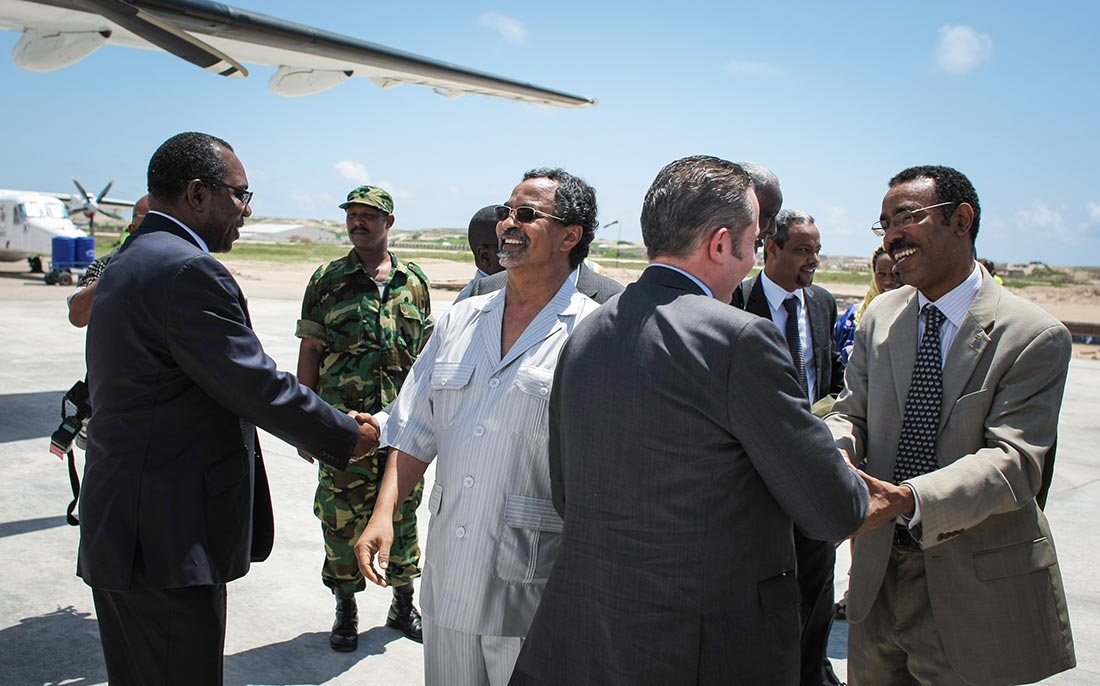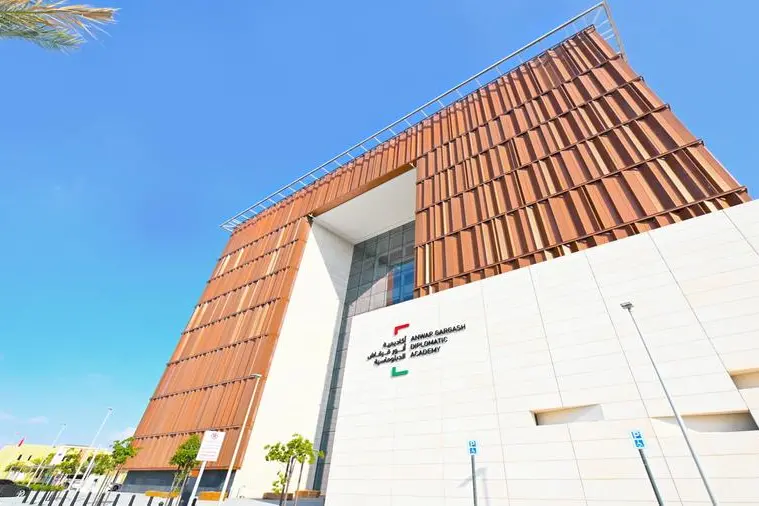Realising Africa’s collective commitments towards promoting gender-equal societies remains amongst the most urgent, immediate and long term priorities for the continent. The pervasive human rights, socio-economic, health, and political inequalities that continue to manifest and disproportionately impact women and girls impede the continent’s efforts to achieve transformative and sustainable economic development. The African Union (AU) declared 2015 the Year of Women’s Empowerment in acknowledgement of the increasing role women are playing in Africa’s development. At the invitation of the AU Peace and Security Council (PSC), ACCORD/TfP attended the Open Session of the Peace and Security Council Meeting on the Commemoration of the 15th Anniversary of UNSC Resolution 1325.
2015 marks a decade-and-a-half since the adoption of United Nations Security Council Resolution (UNSCR) 1325 on women, peace and security. In commemoration of the adoption of the resolution, the AU PSC hosted its 555th meeting in Addis Ababa, Ethiopia on 5 November 2015 to discuss the status and future of UNSCR 1325 in the African context. The meeting brought together representatives of non-governmental organisations (NGOs), African and non-African countries and the female peacekeepers from the African Union Mission in Somalia (AMISOM). This provided an opportunity for ACCORD to engage in the discussions on the advancement of gender equality in Africa.
The objective of the meeting was to celebrate the adoption of the resolution in 2015, but also to discuss different experiences in implementing the resolution fully throughout Africa. The programme began with addresses by key officials from the AU and the UN. These statements all commended the UN and its Member States for the original adoption of the resolution, as well as continued adoption of subsequent resolutions that focused on different elements of gender equality, women’s empowerment and the establishment of more female empowerment programs. The speakers noted that there had been marked change in the way that gender was addressed, specifically that it was now more incorporated in political, peace and security paradigms.
This occasion also provided an opportunity for discussions on various global gender interventions, gender implementation strategies and partnerships between the PSC and civil society organisations and how that relationship could be further fostered for subsequent utilisation to improve the complete implementation of UNSCR 1325. The statements and discussions emphasised the need for more collaboration and coordination in the implementation of the resolutions. Experiences from AMISOM, the Great Lakes Region, medical organisations and women’s organisations emphasised the need for such a coordinated approach. This event further sought to provide an arena for discussion on different challenges still prevalent in Africa regarding women and children in conflict while also making recommendations for strengthening gender in peace operations in Africa.
The meeting also provided a platform for ACCORD to further understand the women, peace and security needs of the African continent and engage in discussions on how to strengthen ACCORD’s work with the AU and other actors in responding to these needs. ACCORD is committed to the development of policies and working on initiatives that will foster the implementation of UNSCR 1325 and other cross cutting issues related to women, peace and security in Africa.
The Training for Peace Programme at ACCORD is an initiative funded by the Norwegian Ministry of Foreign Affairs.







